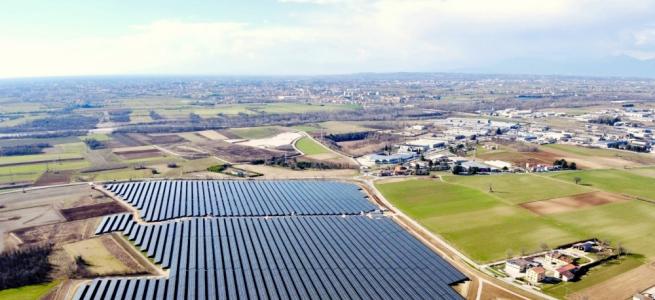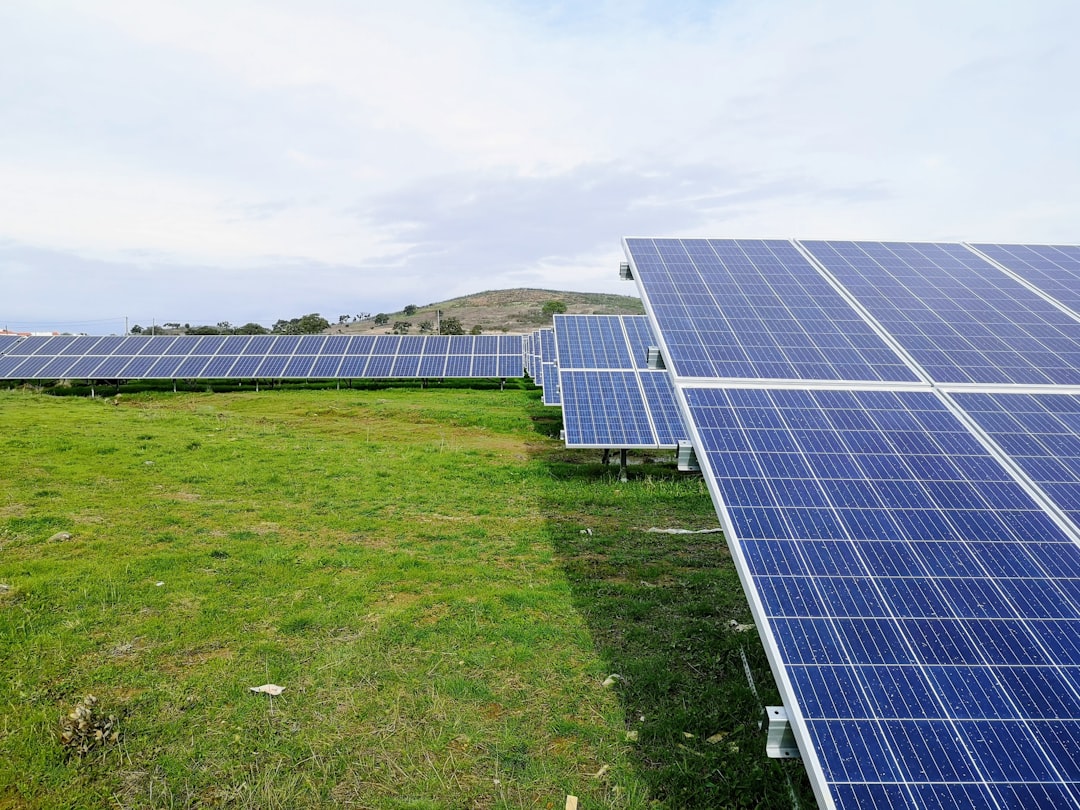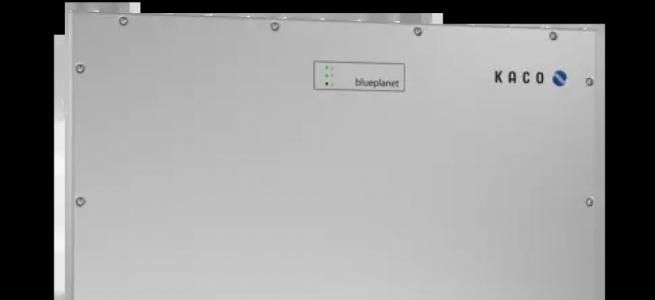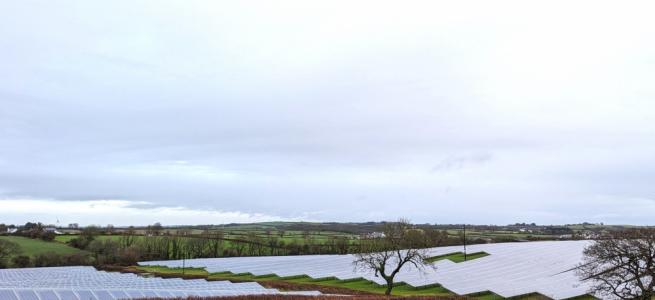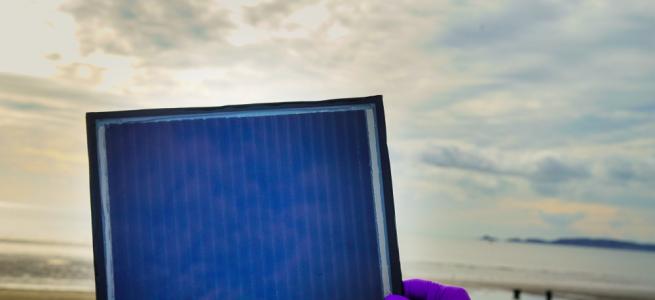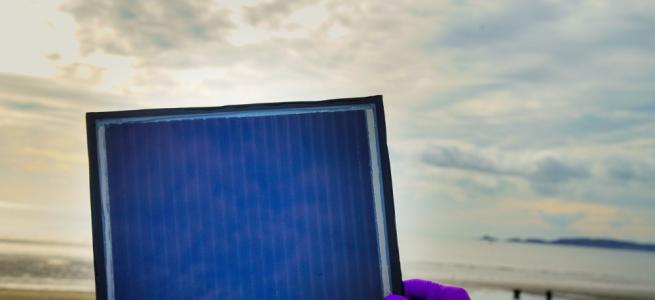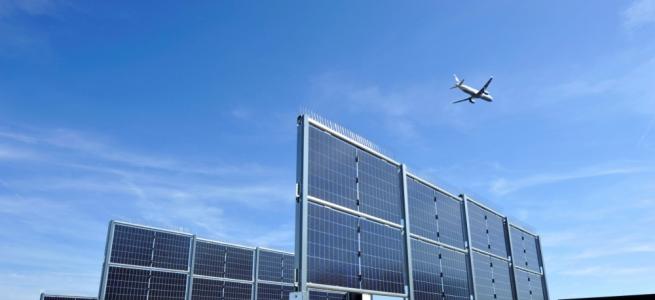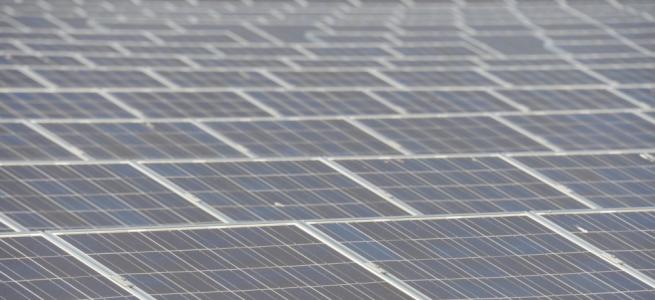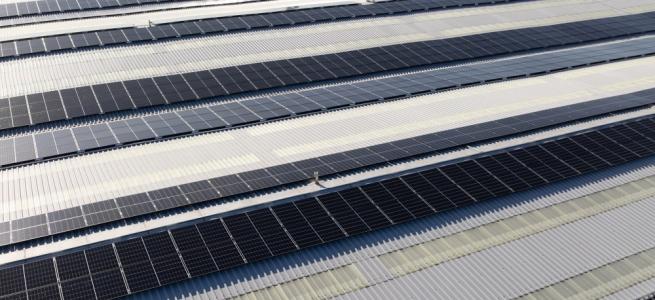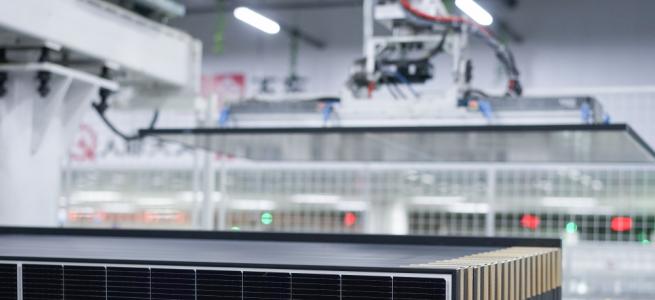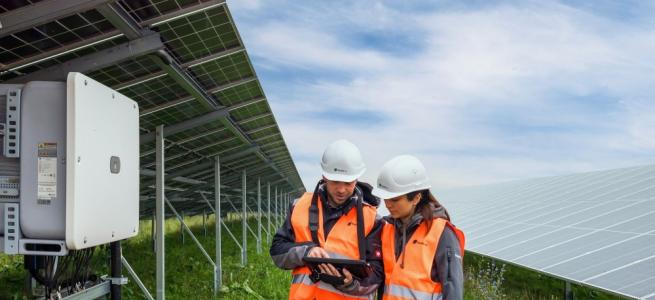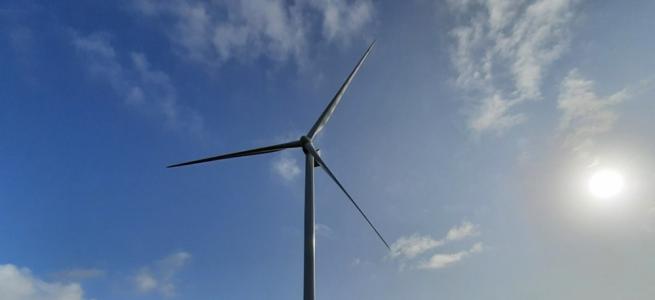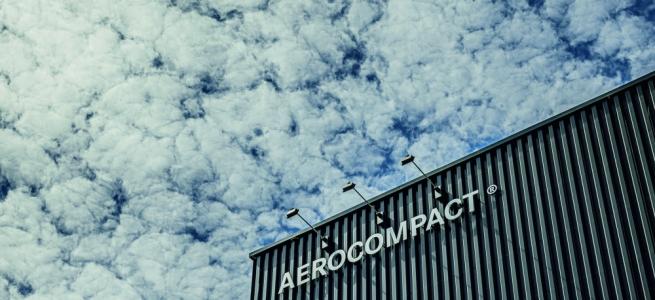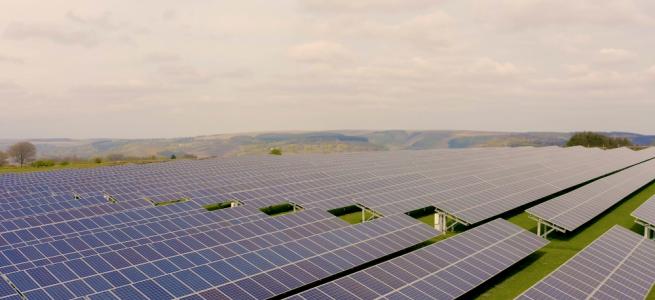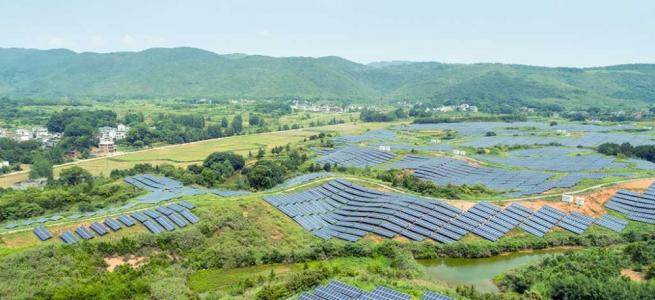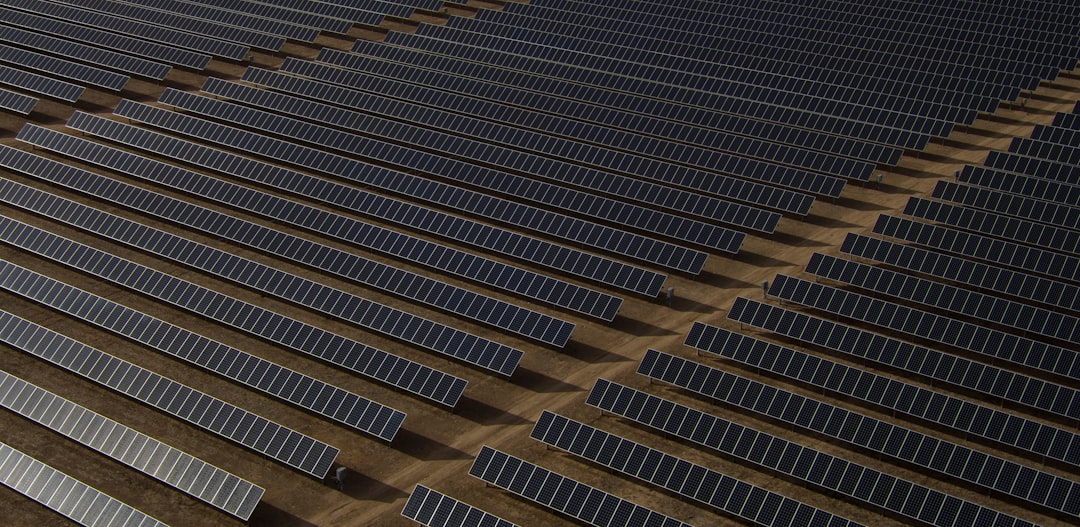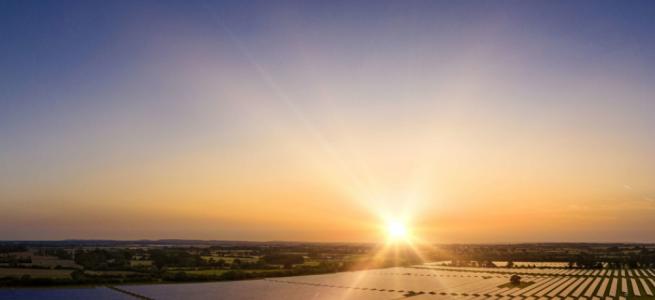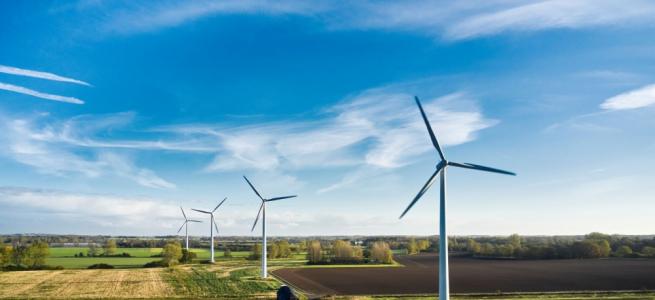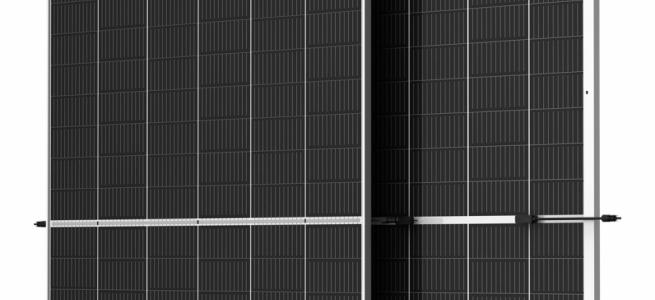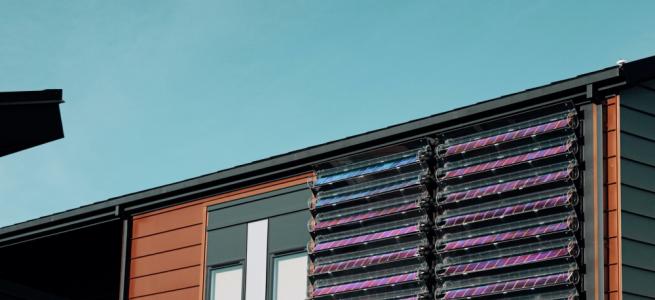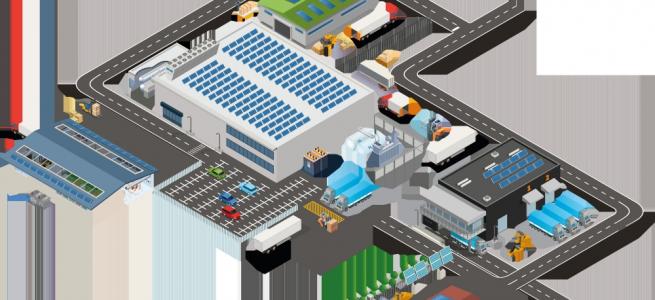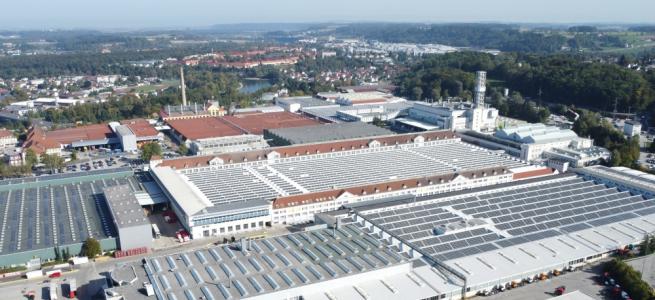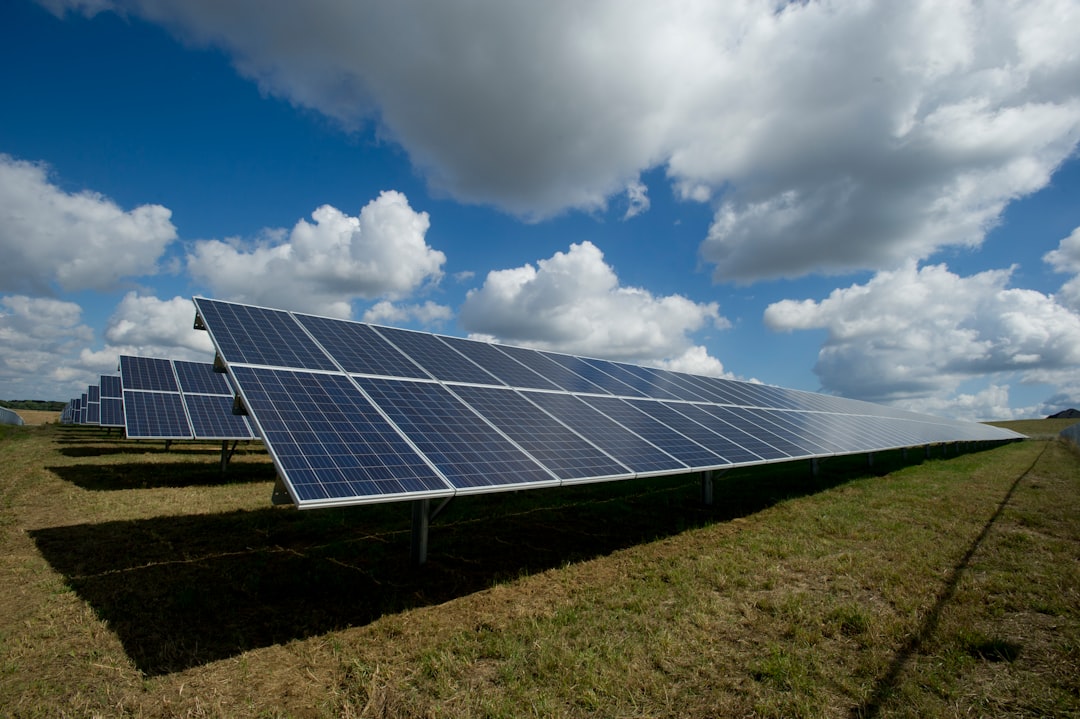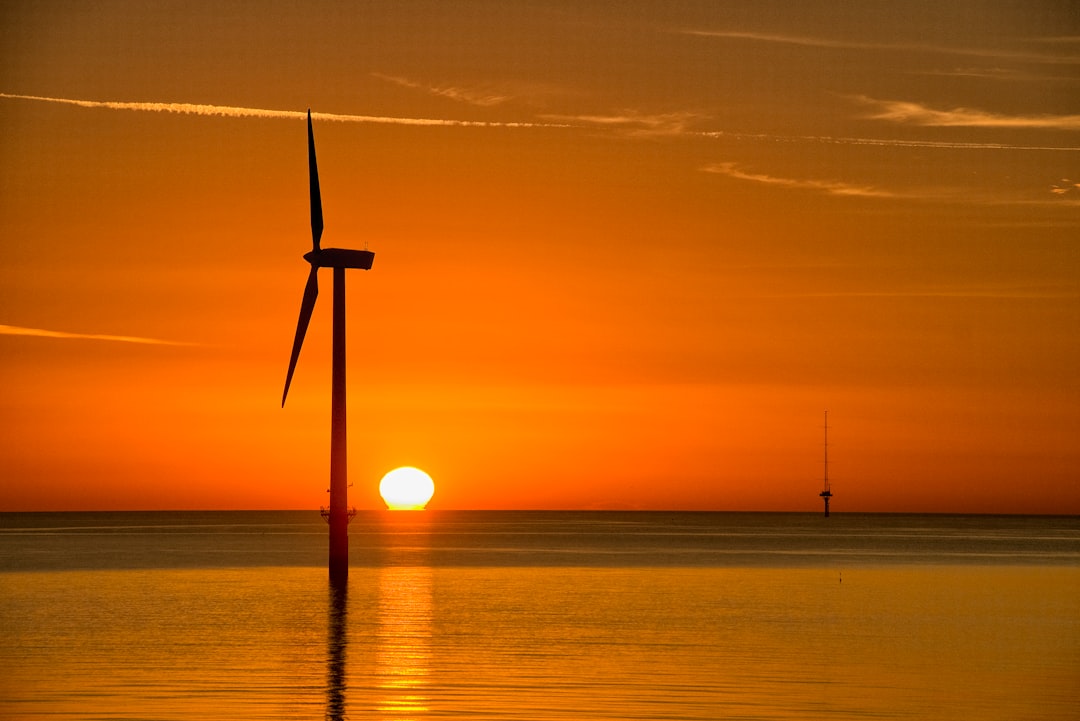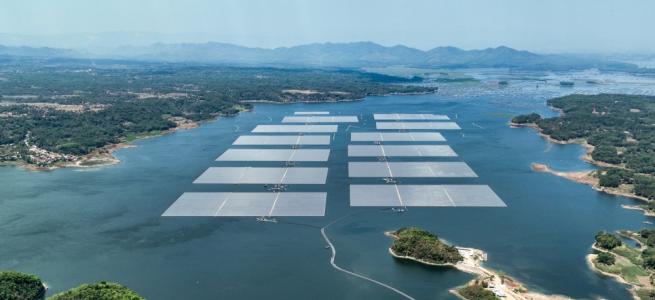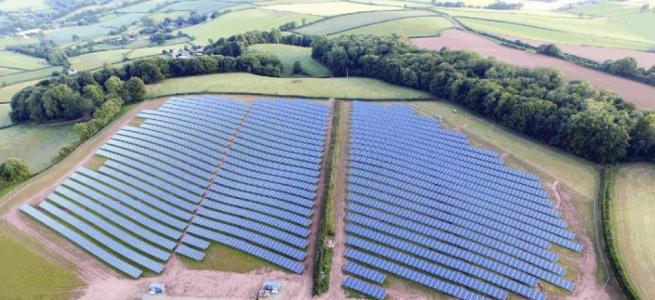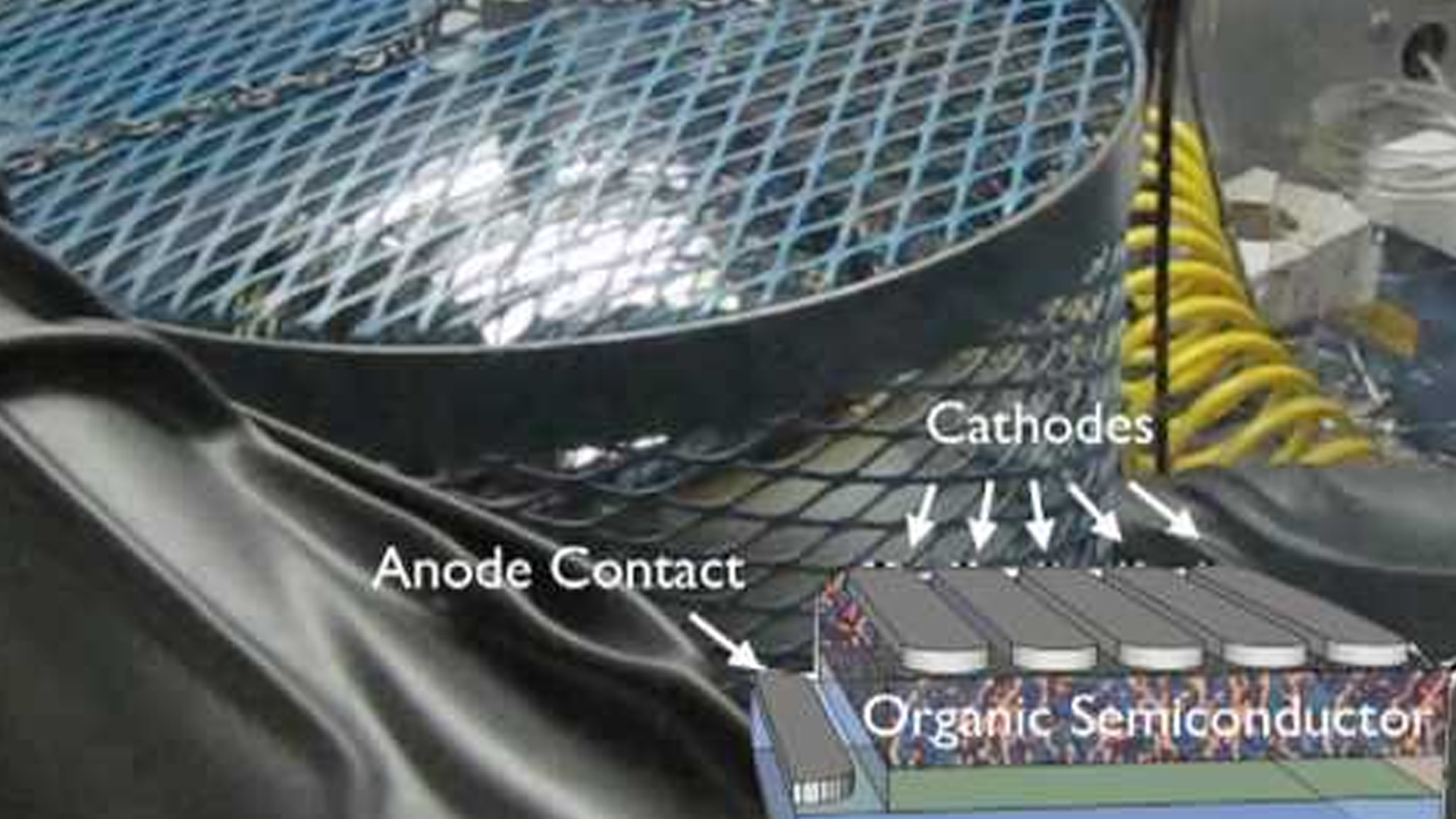Intersolar 2013 to look at energy independence
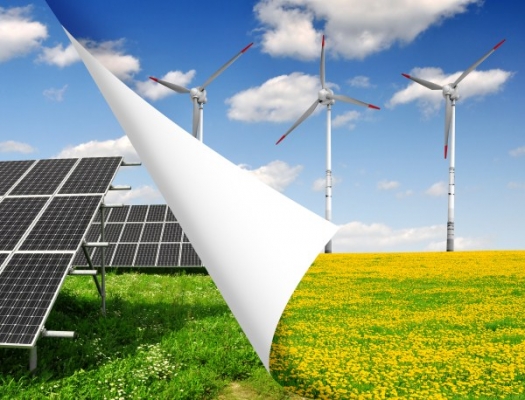
An increasing number of German companies are investing in renewable energy sources such as photovoltaics to provide their own energy supply. In view of unstable price developments, the on-site consumption of solar power offers commerce and industry an attractive and cost-effective alternative to conventionally generated electricity. Combinations involving innovative storage technologies and electric vehicles increase the energy saving potential even further. Next year sees an increased focus on energy self-sufficiency at Intersolar Europe, the world's largest exhibition for the solar industry.
The increasing scarcity of fossil fuels has caused energy prices to rise continually over the past few years, and this trend is set to continue. At the same time, the statutory levy used to subsidize renewable energy is destined to soar by around 50% during the next 12 months. Energy price developments are therefore creating a great deal of planning uncertainty for many companies. This is coupled with the fact that Germany's energy supply is currently still largely dependent on fuel imports. According to figures from the German Renewable Energies Agency in Berlin, the country obtained 82% of its natural gas, 98% of its crude oil and 77% of its coal from abroad in 2010. As a result, price trends in the power market are heavily dependent on political and social developments in certain key regions of the world "“ which creates an additional element of uncertainty for companies and politicians. By contrast, photovoltaics is becoming ever cheaper and is thus increasingly offering a cost-effective "“ and above all predictable "“ alternative to conventional power. Investing in privately-owned installations and the on-site consumption of independently generated power is therefore worthwhile for many companies.
"In view of escalating electricity prices, more and more companies are generating their own power. This also applies to the generation and on-site consumption of solar power produced by photovoltaic systems," explains Dr. Sebastian Bolay, Director of the Energy and Climate Policy Department at the Association of German Chambers of Commerce and Industry (DIHK). "The costs of purchasing a photovoltaic plant have fallen so low that photovoltaics is now able to offer a commercially attractive alternative to conventional power, particularly for small and medium-sized businesses. Once market prices reach €0.13-€0.14 per kilowatt hour (kWh) of electricity, it becomes worthwhile for companies to generate and consume their own power via a PV installation. "Thanks to the lucrative options available for energy self-sufficiency, we are seeing a trend toward the use of renewable energy sources among businesses." According to a survey conducted by the DIHK, 13% of all businesses have already established their own power supply systems and a further 16% are planning to take this step "“ so the trend is on the up.
Many owners of industrial and commercial buildings are investing in roof-mounted photovoltaic (PV) plants to generate their power. As a result of the additional cuts to feed-in tariffs for solar energy, companies are finding it increasingly worthwhile to consume their solar power on site
rather than feed it into the grid as has been common practice to date. This particularly applies to commercial firms that require power around the clock to run production machines, air-conditioning units, emergency lighting and IT systems, and are thus able to consume 100% of the power they generate on site. Alongside cost, planning security often plays a major role for these businesses. From 2013 onward, 1 kWh of solar power produced on site will cost an average of €0.13-€0.14, without the risk of price hikes.
The industrial use of roof-mounted PV plants has developed in very different ways across Europe. According to a study conducted by the European Photovoltaic Industry Association (EPIA) in Belgium, the commercial use of rooftop PV installations was already common in Germany, Italy, Spain and particularly Switzerland by 2011. Great Britain, Belgium and Greece are currently investing more in ground-mounted plants and PV systems for residential buildings. These developments can be traced back to the varying feed-in tariffs for solar power.
Mobile storage technologies
The on-site consumption of solar power is also commercially attractive in terms of e-mobility. This holds particularly true for company fleets of lightweight commercial vehicles with annual driving distances of under 10,000 km "“ for example in urban conurbations. Owing to the enormous cost savings they achieve in terms of driving energy, electric vans are today already able to compete on cost with diesel vehicles. If they are charged using power produced on site, such e-vans even have a cost advantage

